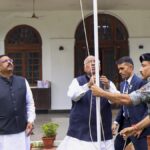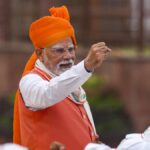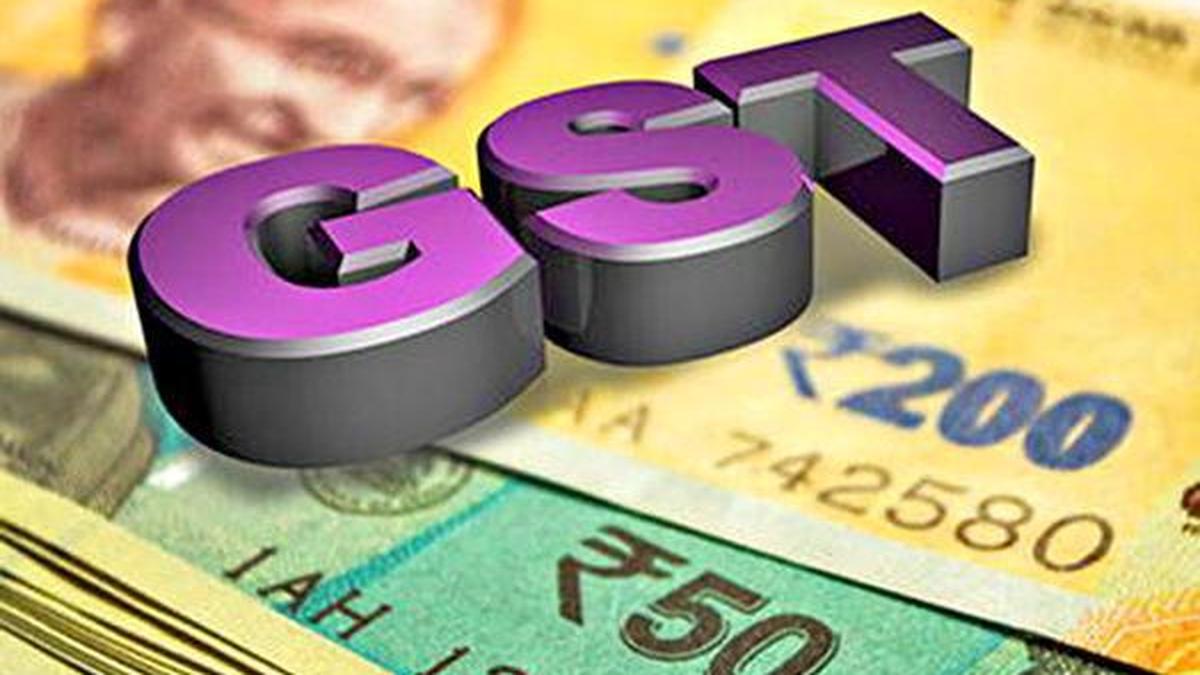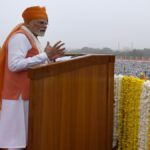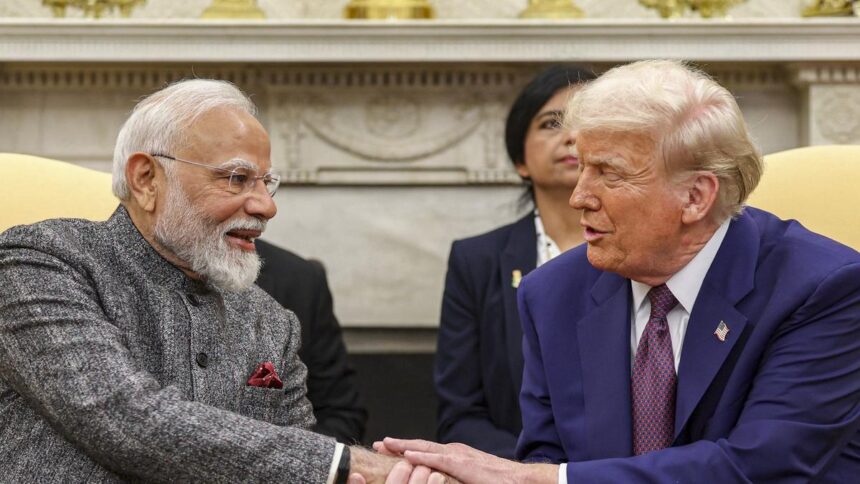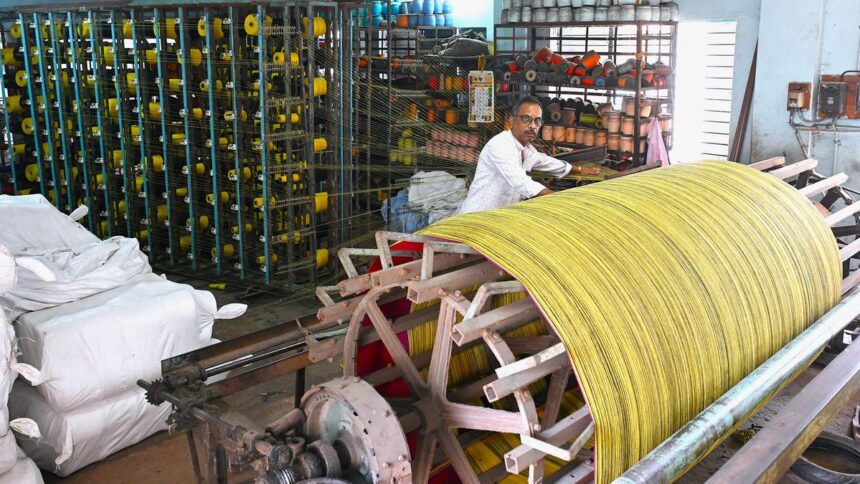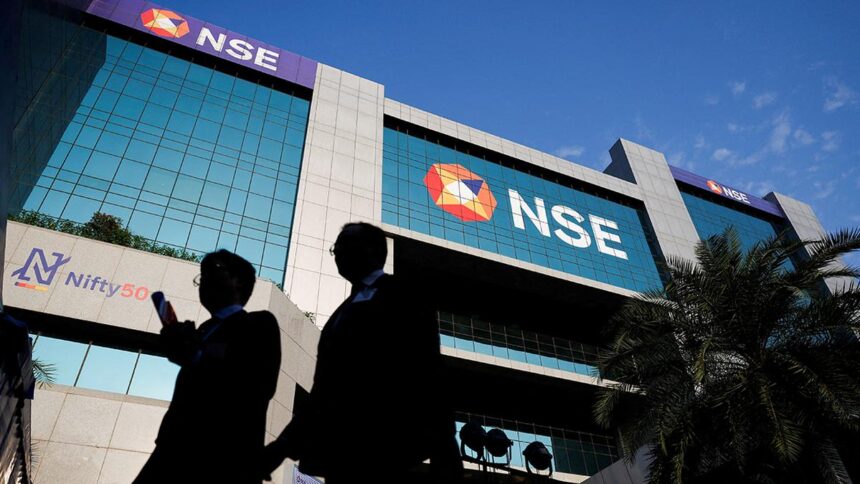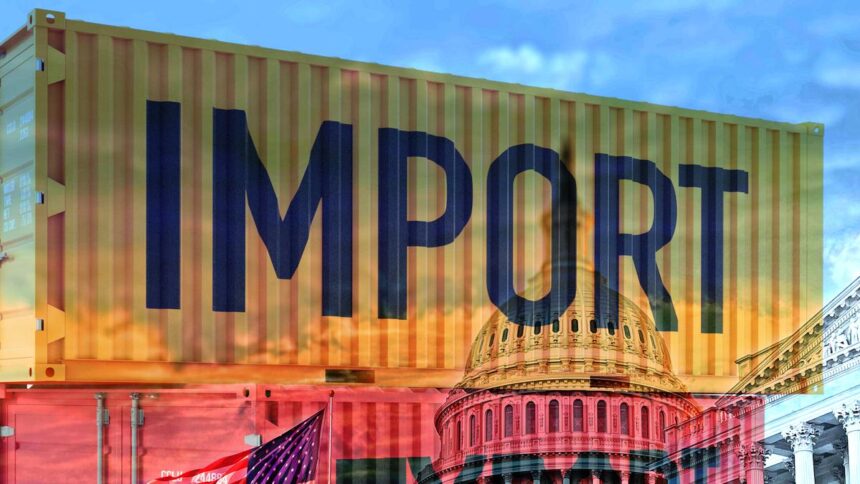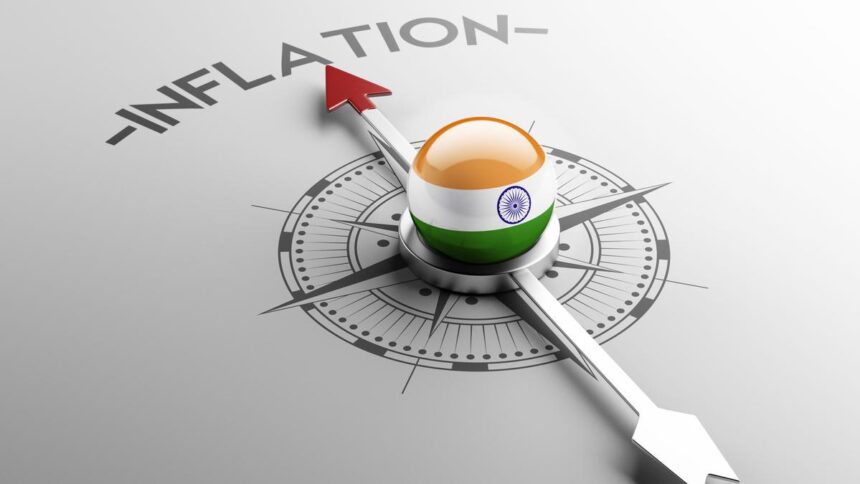
Representational image only.
| Photo Credit: Getty Images/iStockphoto
Prime Minister Narendra Modi’s “Diwali gift” to the people of India, of reforms to the Goods and Services Tax (GST) system, will likely be across three pillars — structural reforms, rate rationalisation, and ease of living — and could entail a shift to a two-rate GST system from the current five-rate system.
“The government will bring next generation GST reforms, which will bring down tax burden on the common man,” Mr. Modi said during his speech at Red Fort in New Delhi on India’s 79th Independence Day. “It will be a Diwali gift for you.”
The Ministry of Finance, elaborating on the Prime Minister’s announcement in a press release, said that the Central Government has sent its proposal on GST rate rationalisations and reforms to the Group of Ministers (GoM) that had been constituted by the GST Council to examine this issue.
It added that the GST Council would in its next meeting — the date for which is yet to be announced — deliberate on the recommendations of the GoM and would strive to implement the bulk of the reforms within this financial year.
“Key areas identified for next-generation reforms include the rationalisation of tax rates to benefit all sections of society, especially the common man, women, students, middle class, and farmers,” the Finance Ministry said.
“Reforms will also seek to reduce classification-related disputes, correcting inverted duty structures in specific sectors, ensuring greater rate stability, and further enhancing ease of doing business,” it added.
One of the most major changes it announced was to “essentially move towards simple tax with 2 slabs – standard and merit”. It added that ‘special rates’ would apply only on “select few items”.
The second major change is an attempt to reduce taxes on “common-man items and aspirational goods”.
“This would enhance affordability, boost consumption, and make essential and aspirational goods more accessible to a wider population,” the Ministry added.
Towards the ‘Ease of Living’, the Centre has proposed using technology to speed up and ease the GST registration process, implement pre-filled returns, thus reducing manual intervention and eliminating mismatches, and processing refunds in a faster and more automated manner.
“In the true spirit of cooperative federalism, the Centre remains committed to working closely with the States,” the Finance Ministry said. “It will be building a broad-based consensus with the States in the coming weeks, to implement the next generation of reforms as envisioned by Prime Minister Shri Narendra Modi.”
However, the release stopped short of stating the date of the next meeting of the GST Council. With the last meeting taking place in December 2024, the next meeting — supposed to take place once a quarter — is long overdue.
“The GST Council, when it meets next, will deliberate on the recommendations of the GoM, and every effort will be made to facilitate early implementation so that the intended benefits are substantially realised within the current financial year,” the release said.
Published – August 15, 2025 11:50 am IST



